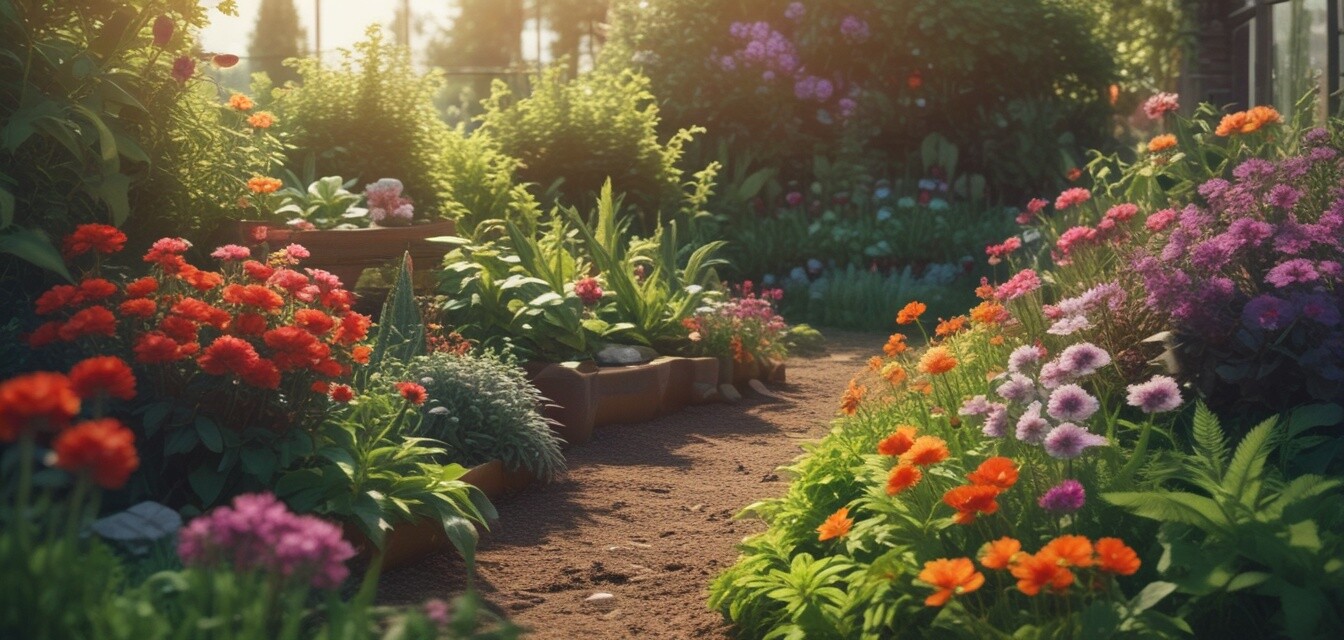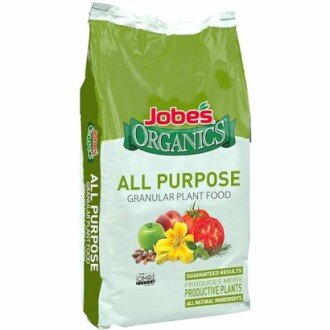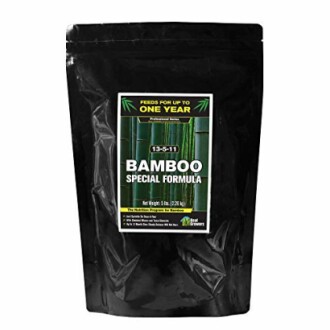
A Beginner's Guide to Organic Fertilizers
Key Takeaways
- Organic fertilizers provide essential nutrients to the soil.
- Choosing the right type of fertilizer depends on your specific plant needs.
- Regular application ensures healthy growth and yield from your garden.
- Fertilizers can promote sustainable gardening practices.
Organic fertilizers are essential for maintaining healthy plants and enhancing soil quality. Whether you're new to gardening or looking to enrich your existing garden, this guide will outline the different types of organic fertilizers available and how to choose the best one for your plants' needs.
What Are Organic Fertilizers?
Organic fertilizers are derived from natural sources and contain essential nutrients required for plant growth. They are beneficial for both the environment and your garden as they improve soil health, promote microbial activity, and enhance water retention. Unlike synthetic fertilizers, organic options are less likely to cause harm to your plants or the surrounding ecosystem.
Types of Organic Fertilizers
There are various types of organic fertilizers, each catering to different plant needs and environmental conditions. Here’s a quick overview:
| Type of Organic Fertilizer | Description | Best For |
|---|---|---|
| Compost | Decomposed plant and food materials. | General soil enrichment. |
| Manure | Animal waste that adds nitrogen. | Fruits and vegetables. |
| Bone Meal | Ground animal bones, high in phosphorus. | Flowering plants. |
| Fish Emulsion | Liquid fertilizer made from fish waste. | Leafy greens and rapid growth. |
| Seaweed | Rich in trace minerals. | All types of plants. |
Benefits of Using Organic Fertilizers
- Improves soil structure and health.
- Provides long-lasting nutrients.
- Reduces the risk of chemical runoff.
- Encourages biodiversity in the garden.
How to Choose the Right Organic Fertilizer
Selecting the appropriate organic fertilizer involves considering the specific needs of your plants and the conditions of your garden. Follow these steps:
- Identify the nutrient needs of your plants.
- Determine the soil type and quality.
- Choose a fertilizer with the right N-P-K ratio (Nitrogen, Phosphorus, Potassium).
- Consider the longevity of nutrient release required.
Recommended Organic Fertilizers
Here are some highly recommended organic fertilizers to consider:
Jobe’s Organics Granular All Purpose Fertilizer
This organic all-purpose fertilizer is perfect for vegetables, flowers, and shrubs, ensuring healthy plants with vibrant foliage.
Learn MoreAnother great option to consider is:
Bamboo Special 12 Month Control Release Fertilizer
This high nitrogen fertilizer offers 12-month control release, perfect for fast-growing bamboo and lush green plants.
Explore NowApplication Tips
When applying organic fertilizers, consider these tips for best results:
- Apply at the beginning of the growing season.
- Follow the recommended application rates on the product label.
- Water your garden after application to promote nutrient absorption.
Conclusion
Choosing the right organic fertilizer is crucial for fostering healthy plant growth and enhancing your garden's overall quality. By understanding the different types of organic fertilizers and their specific benefits, you'll be well-equipped to make informed decisions. Remember to follow the best practices for application and enjoy the beauty that a vibrant, healthy garden can bring.
Pros
- Eco-friendly and sustainable.
- Improves long-term soil health.
- Safe for all plants and surroundings.
Cons
- May require more frequent application.
- Generally slower to show results compared to synthetic options.
Learn More
For more insights on gardening, check out our detailed guides on premium outdoor furniture and luxury garden tools. You can also explore our buying guides for comprehensive tips on selecting the best gardening materials and tools.

